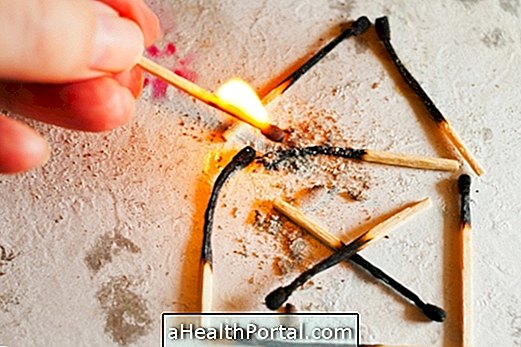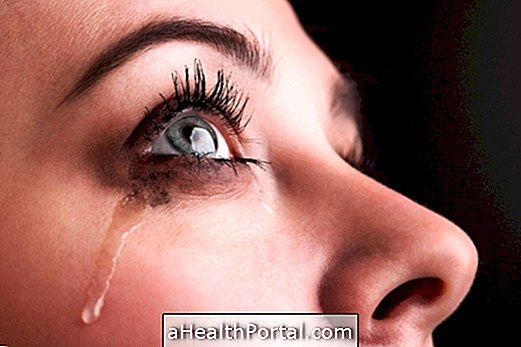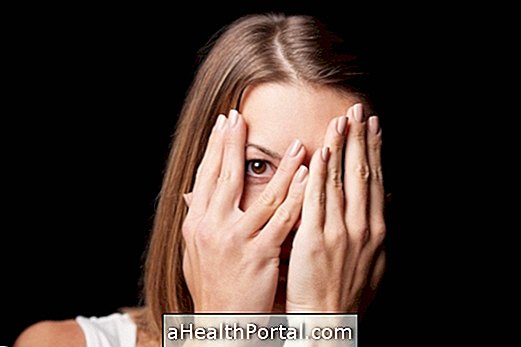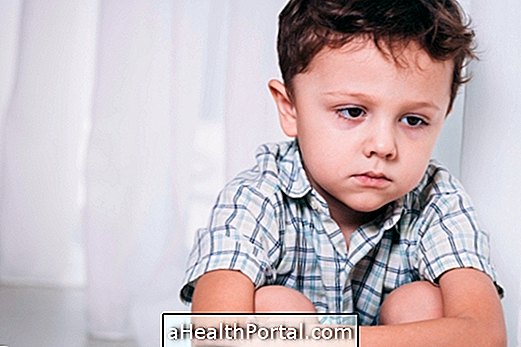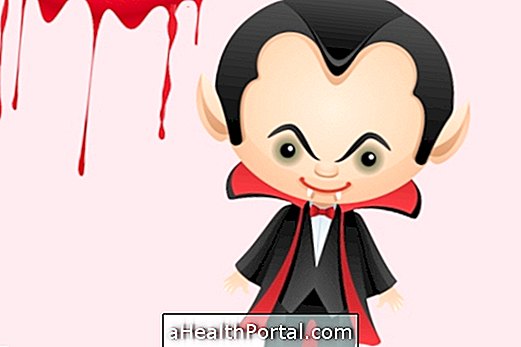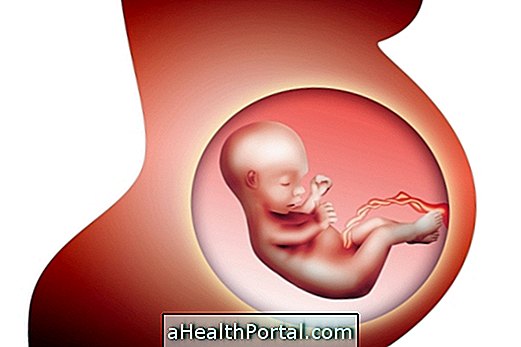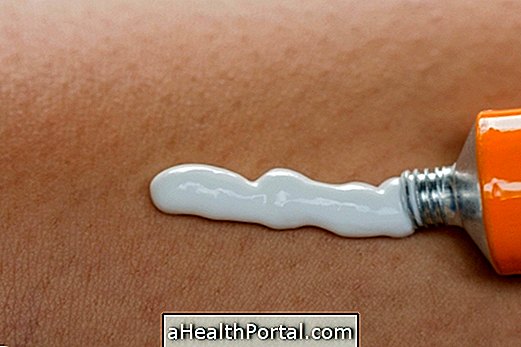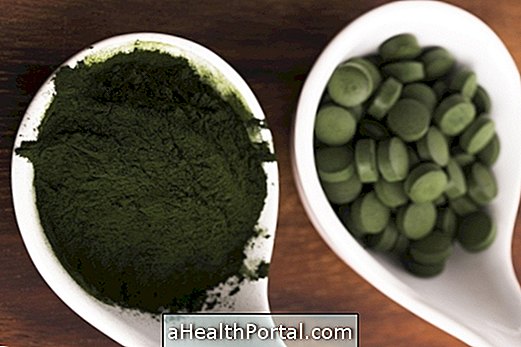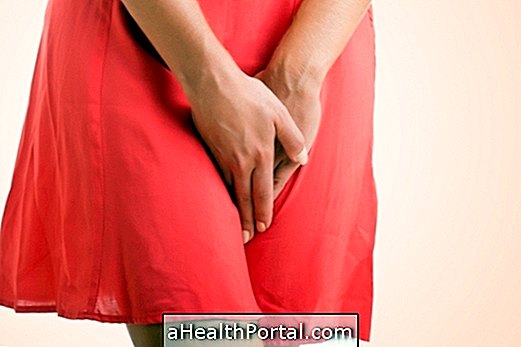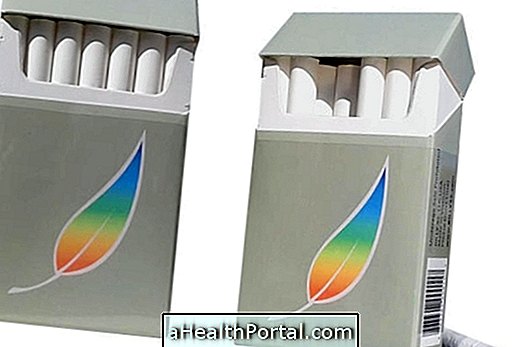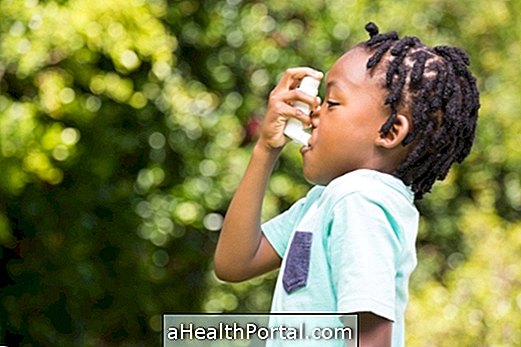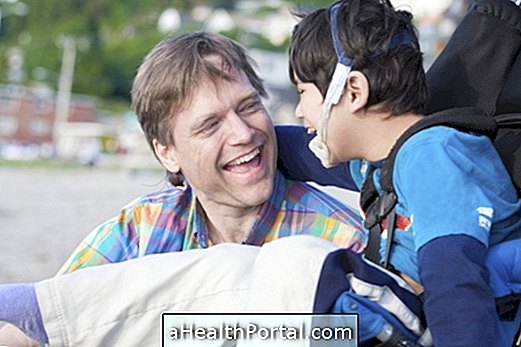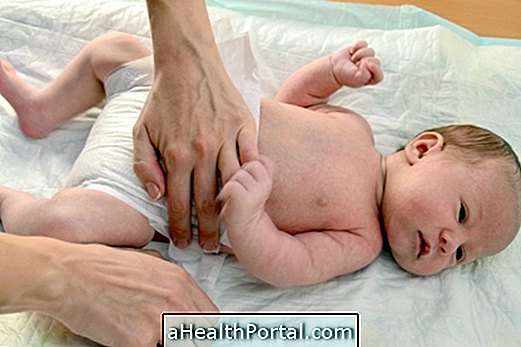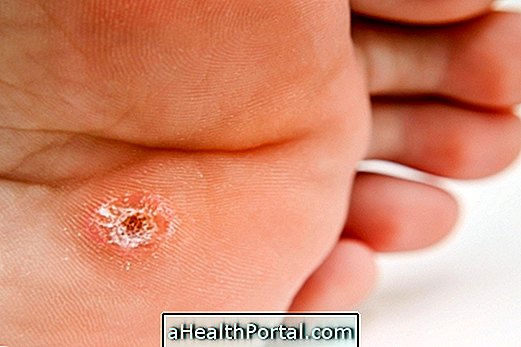Treatment of depression is usually done with antidepressant medications, such as Fluoxetine or Paroxetine, for example, as well as psychotherapy sessions with a psychologist. It is also very important to complement the treatment with alternative and natural therapies, such as leisure activities, going outdoors, reading or doing meditation, in order to increase well-being and a sense of pleasure.
Any doctor can guide the treatment for depression, either by the SUS or private, however it is recommended that there be a follow-up with the psychiatrist, who is the specialist doctor who can better evaluate the symptoms and indicate the best alternatives. Therefore, in the presence of signs and symptoms that indicate persistent sadness or lack of pleasure for daily activities, it is very important to talk to the doctor. Check out the main symptoms that can indicate depression.
There is no exact time set for the treatment of depression, so some people improve in a few months, others need to treat for years, because situations such as cause, severity and intensity of symptoms, plus the possibility and willingness of the person to follow the correctly have a lot of influence on each case.
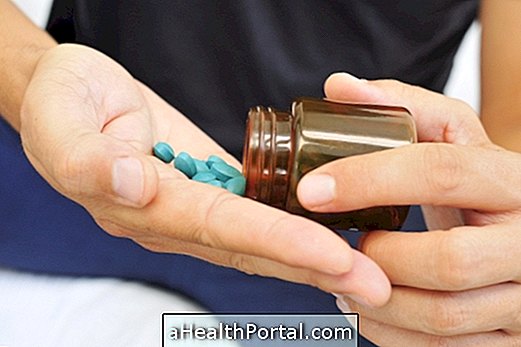
When the remedies are indicated
Antidepressant drugs, such as Fluoxetine, Sertraline, Amtriptyline, Nortriptyline, Paroxetine or Citalopram, for example, are indicated for almost all cases of depression, especially moderate or severe cases. They are important because they help restore important brain neurotransmitters that are lacking in depression, such as serotonin and noradrenaline, which improve mood and well-being.
As there are several types of medicines, the best for each case is indicated by the doctor according to the reactions they can cause. The effect of the remedies comes after about 3 months of its use, which should be every day and preferably at the same time, so that the effect is satisfactory.
Treatment time can also vary from person to person, ranging from about 6 months to several years, as depression improves very individually. Understand more about the most commonly used antidepressants and how to take them.
Psychological treatment for depression
Psychotherapy helps to reduce emotional difficulties by stimulating self-awareness and resolving one's internal conflicts. Psychotherapy alone can be enough to treat mild depression, but it is also critical, even when it is a severe depression or the person already uses medication, because it helps to reorganize the thoughts, feelings and feelings of joy.
Psychotherapy should be done by a psychologist or psychotherapist, who evaluates the best kind of approach to a person's needs. For example, cognitive-behavioral therapy, or CBT, is one of the types of psychotherapy widely used to reduce anxiety attacks or to control the compulsive or obsessive behaviors common in OCD.

Other therapies
Although the use of medication and psychotherapy are the main forms of treatment of depression, other alternatives that may be indicated are:
1. Natural treatment
Natural treatment for depression helps complement, but does not replace, medical treatment, including:
- Eating foods rich in omega 3 : like salmon, tuna, sardines, chia seeds or nuts, because omega 3 acts on the brain, helping to combat depression;
- Eating foods rich in vitamin B and D: such as chicken, turkey or egg, as they help eliminate physical and mental fatigue;
- Drink St. John's wort tea or white willow tea throughout the day: they help to soothe, increasing the feeling of well-being;
- Drink grape juice, apple and passion fruit: it helps to calm, to fight the physical and mental fatigue and the depression. Here's how to make this juice in: Natural Solution for Depression.
In addition to these tips, it is important that the patient do regular physical activity such as Pilates, moderate walking or swimming, as exercise also stimulates pleasure and well-being.
2. Alternative treatment
Alternative therapies such as acupuncture, yoga, Reiki and meditation are excellent ways to aid in the treatment of depression as they are able to provide relaxation and well-being and may be useful in combating symptoms of depression.
In addition, leisure activities like reading, painting, dancing or listening to music are recommended to relieve stress and anxiety.
3. Interactive deprexis program
An interactive program that can be accessed on a mobile phone, tablet or computer, and approved by ANVISA, is also a treatment option against depression. This program consists of self-analysis of the symptoms presented and works as follows:
- The person registers and has access, and then questions arise about how you are feeling,
- Interactively, the person responds by choosing an option, and
- The program responds by offering solutions to everyday problems.
The interactive session in this application takes approximately 30 minutes, and should be performed up to 2 times a week.
To get access to the information on this program about depression, and to be able to evaluate your symptoms and participate in treatment, you should buy the program and add your doctor's CRM number.
The Deprexis online program costs roughly $ 1, 000 and lasts 90 days, but it does not exclude the need to take the drugs and do psychotherapy, but this is a good aid to complement the treatment of depressive status.
4. Electro-shock
This type of treatment is only indicated for very severe cases of depression, in which there was no improvement with the other available treatments, and consists of the accomplishment of controlled and painless cerebral electroshocks, that facilitate the reorganization of the cerebral activity.
In addition to electroconvulsive therapy, other modern therapies, such as transcranial magnetic stimulation and deep brain stimulation, are promising ways to treat difficult-to-recover depression. Learn more about how deep brain electrical stimulation is made and what it does for.

Signs of improvement
Signs of improvement in depression usually appear about 1 month after the start of treatment and include less crying, more optimism and more willingness to perform daily activities, for example. However, the patient should not stop taking the medication until the doctor's appointment, if he feels better, since the treatment should last at least a few months to 1 year or there may even be worsening of the condition.
Signs of worsening
Signs of worsening depression include increased crying, sadness, and a lack of interest in life, for example, and arise, usually when the patient stops taking the drugs without telling the doctor because he or she feels better, or also in severe cases where it is necessary to adjust the treatment.
It is important to remember that suicidal desire or planning are serious signs of depression, and indicate the need for hospitalization for closer medical follow-up. Check out some signs that may indicate suicidal behavior.
